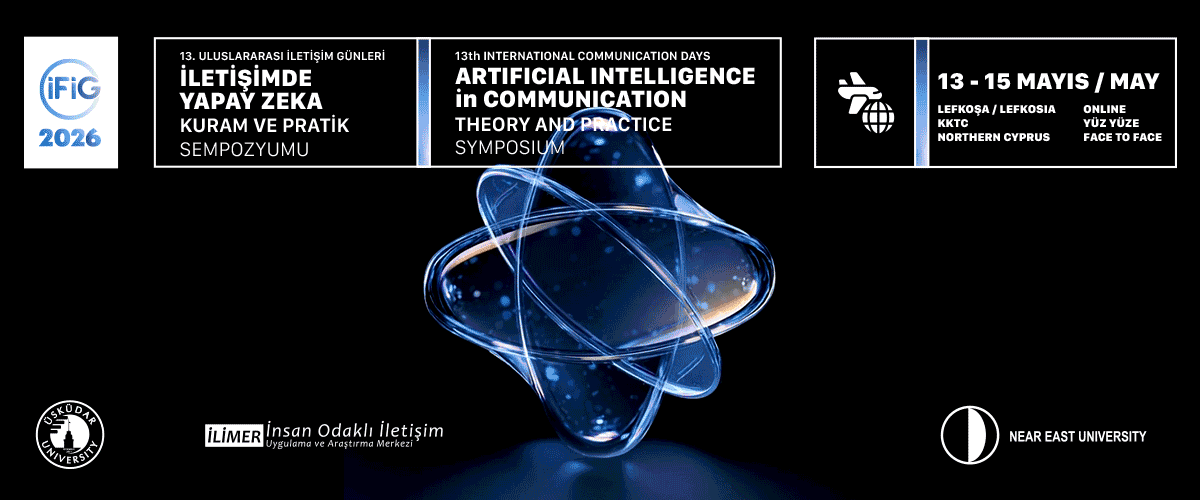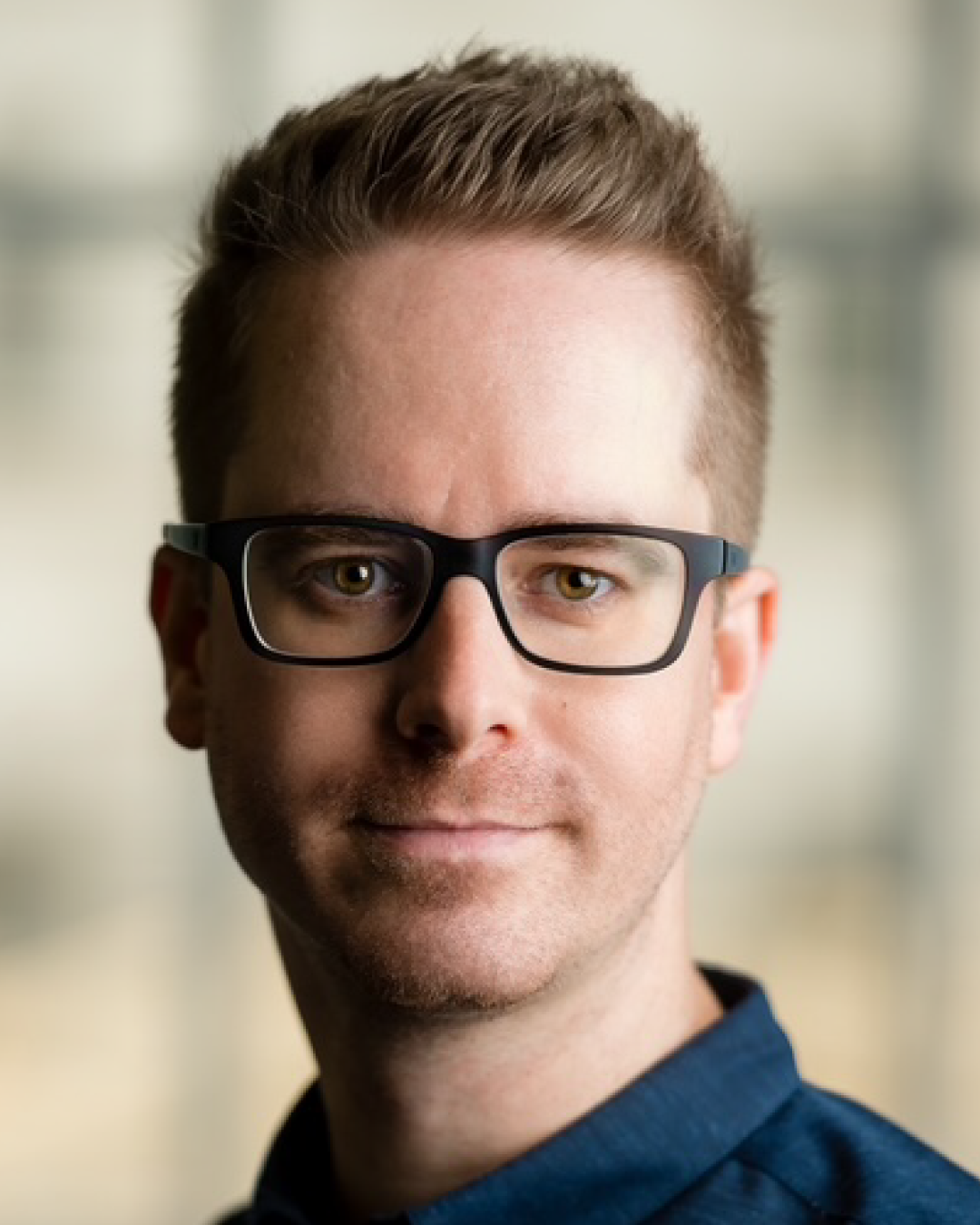|
The International Communication Days, organized for twelve years by the Faculty of Communication at Üsküdar University, will focus this year on the theme Artificial Intelligence in Communication: Theory and Practice. The symposium will be held in collaboration with Üsküdar University and Near East University on 13–14–15 May 2026 in Lefkosia (Northern Cyprus Turkish Republic), in a hybrid format (face-to-face and online). The 13th International Communication Days/Artificial Intelligence in Communication: Theory and Practice Symposium aims to discuss developments and transformations in the fields of communication and media through the axis of artificial intelligence. These changes will be examined from a wide perspective that incorporates theoretical, conceptual, and practical dimensions.
In the digital age, artificial intelligence is not only a technological innovation but also one of the foundational dynamics shaping social life, cultural production, and the field of communication. Across a broad spectrum, from everyday practices to academic research, from media industries to public debates, AI is transforming both the objects and the methods of communication discipline.
Today, the field of communication has become a hybrid space in which non-human entities also emerge as actors. Chatbots, content-generating algorithms, and deepfake materials blur the boundaries between the subject and the object of communication. These transformations require us to reconsider the very question of “what is communication?” and to revisit communication theories from a new perspective.
Algorithms not only circulate information but also operate as cultural mechanisms that determine what is visible or invisible, what is considered true, and what is deemed insignificant. From AI-assisted content production in journalism to personalized campaigns in advertising and public relations, from AI-generated TV presenters to sentiment analysis on social media, numerous applications are reshaping labour processes, production practices, and ethical codes in the field of communication. While this transformation provides opportunities for efficiency and time-saving, it simultaneously raises concerns about manipulation, disinformation, surveillance, and privacy violations.
The rise of artificial intelligence in communication must also be discussed in relation to the centralization of power, epistemic inequalities, and platform capitalism. AI redefines who has the authority to produce knowledge, which communities are represented, and which voices are silenced. In this context, the symposium aims to address not only technological possibilities but also the ethical, political, and cultural implications of AI.
The 13th International Communication Days/Artificial Intelligence in Communication: Theory and Practice Symposium invites academics, researchers, graduate students, sector representatives, and professionals working in communication-related fields to come together to explore the intersections of artificial intelligence and communication discipline.
Participants are encouraged to contribute with theoretical and empirical studies as well as case analyses, creative projects, and practice-based research. Due to its interdisciplinary nature, the symposium welcomes contributions not only from communication studies but also from other related disciplines.
|
|
The symposium covers, but is not limited to, the following themes:
|
Artificial intelligence and communication theories
|
| New conceptual requirements for AI-driven communication |
| Algorithmic culture, surveillance, and digital privacy |
| Transformations in the political economy of media in the age of AI |
| Shifts in cultural studies in the AI era |
| Artificial intelligence, media, and popular culture |
| Communication education in the age of AI |
| AI, journalism, content production, and verification processes |
| AI applications in advertising, marketing, and public relations |
| Audiovisual media, digital art, virtual reality, and creative industries |
| AI-driven data analytics, academic research, and methodology |
| Artificial intelligence in education: new pedagogical approaches and digital classroom experiences |
| Ethics, regulation, and policy: social implications of AI |
| The impact of artificial intelligence on employment and labour processes in communication-related professions |
|
|
Abstracts submitted in Turkish or English will be evaluated through a double-blind peer review process conducted by scholars in the field. Approved submissions will be published in the Book of Abstracts. Full papers will be included in the Symposium Proceedings Book, which will be published electronically. Abstracts must not exceed 250 words, and full papers must not exceed 7,500 words. All submissions must follow the writing guidelines of the Üsküdar University Faculty of Communication Journal Etkileşim.
The deadline for abstract submission is February 20, 2026. All submissions must be completed through the symposium website. Accepted papers will be announced by March 27, 2026.
We look forward to receiving your contributions. Thank you in advance.
We hope to meet you in Lefkosia (Northern Cyprus Turkish Republic).
|


